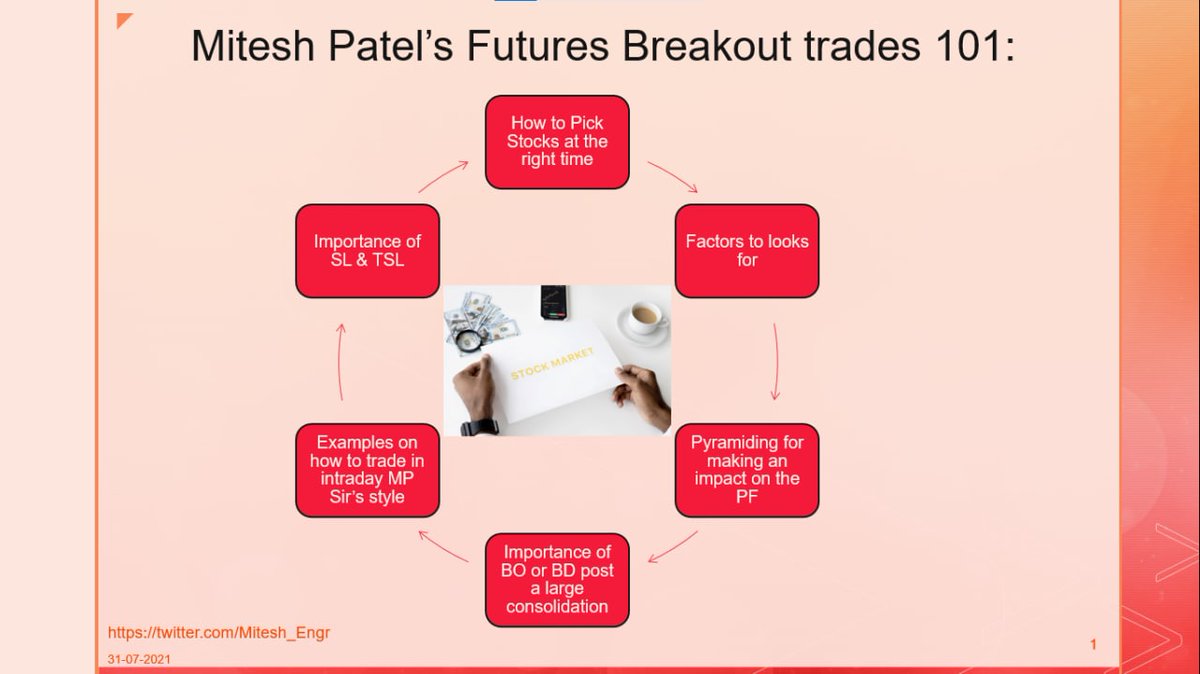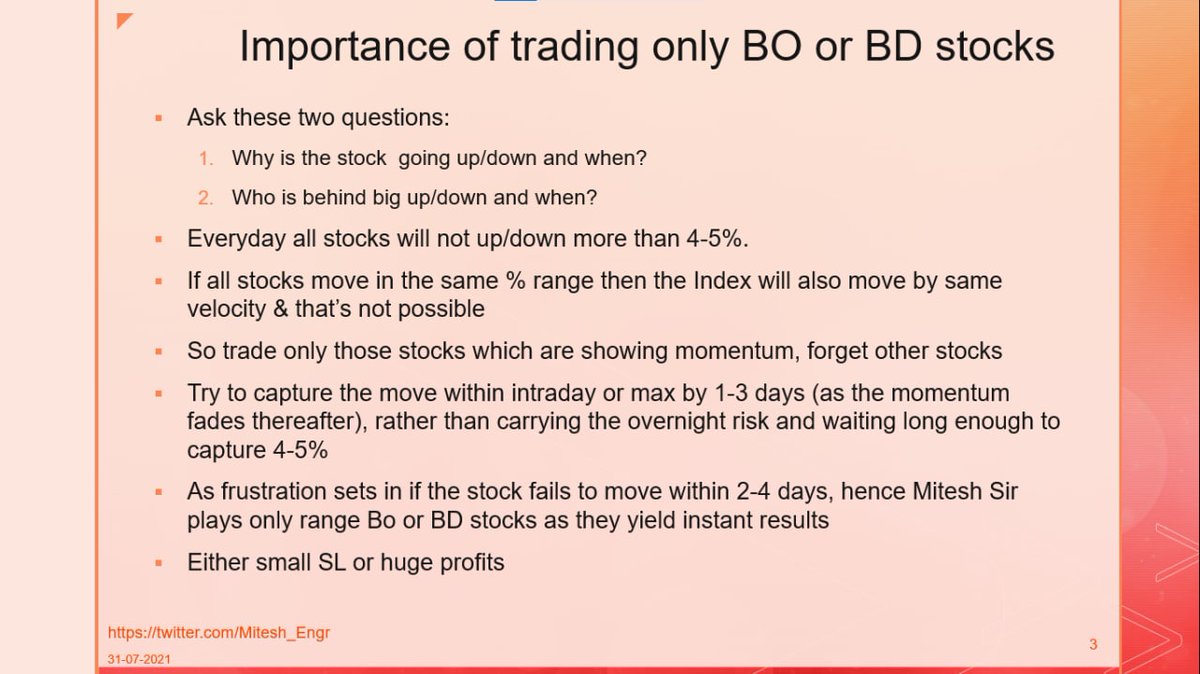THREAD - (Short term Options)
Many of the messages I get regarding options are referencing outside the money (OTM) calls w/ expirations a week or two out (or less)
It's no wonder these traders are often very concerned (even frantic) about the outcome of their trades.
a.k.a. Long term options typically w/ an expiration of longer than a year)
While playing OTM weekly options has the potential for huge returns, & will undoubtedly get your adrenaline pumping, it's also an easy way to lose your💰
Each trade should be a *very* small percentage of your account, and you should assume that every trade you make is going to zero.
You can still make massive returns on options that have expirations that are 2+ months, even 2+ years out without taking on so much immediate risk.
Once you take the time to fully understand the power of compounding, you'll be much less likely to want to trade vehicles with extremely high risk.
When I started placing more focus on consistency, protecting my capital, and compounding my money instead of hitting home runs, my account grew exponentially faster 📈
More from Economy
Latest @SouledOutWorld articles:
(Article Thread)
All in one convenient location to access.

https://t.co/TuyltZTyW0
https://t.co/XJJRvpLRQE
https://t.co/NeeFCfMkP2
https://t.co/yFtbIgqzzm
(Article Thread)
All in one convenient location to access.

https://t.co/TuyltZTyW0
True State of the Nation
— Secret SoSHHiety (@SouledOutWorld) December 19, 2020
You think you know what's coming... but you don't...https://t.co/MVoIuxgaWX pic.twitter.com/DtF2Q53HrT
https://t.co/XJJRvpLRQE
Truth About Antarctica
— Secret SoSHHiety (@SouledOutWorld) December 19, 2020
Why? Scalar EM Antennas are kept at Antarctica; Scalar EM weaponry is the anonymous weapon to be used by the White Horse of Rev 6.https://t.co/7CDzmQfLSX pic.twitter.com/0400oCN8io
https://t.co/NeeFCfMkP2
The Finger (fuck you/fuck the world)
— Secret SoSHHiety (@SouledOutWorld) December 18, 2020
The middle finger is the Saturn finger.https://t.co/BsrsBE3f5h pic.twitter.com/ZJqZll8lU1
https://t.co/yFtbIgqzzm
Bread and Circuses
— Secret SoSHHiety (@SouledOutWorld) December 18, 2020
Bring in the clowns & the fast food...https://t.co/SZAlfkqTI3 pic.twitter.com/gLys0mNMIq






















